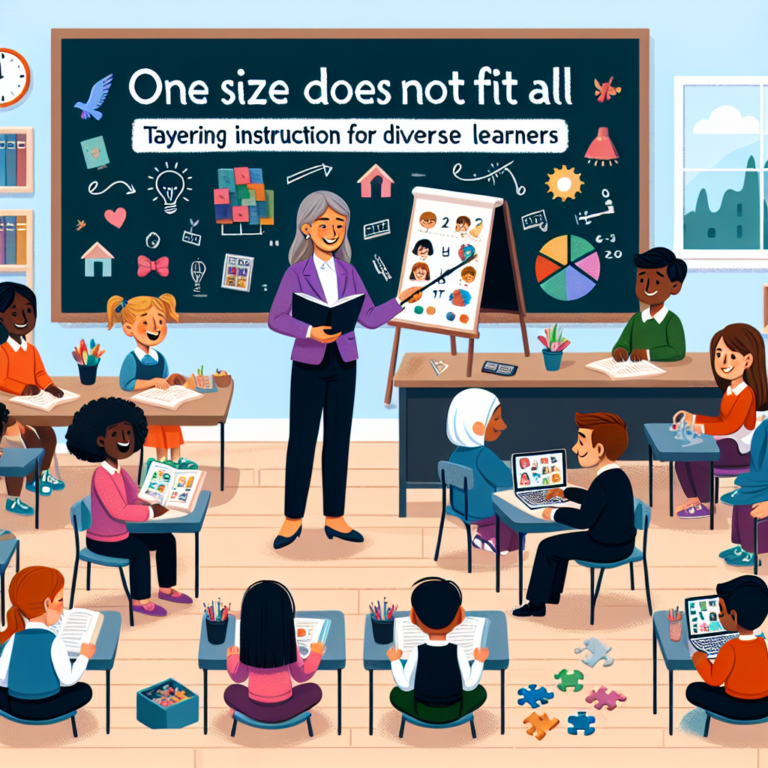
From Tantrums to Triumphs: Proven Behavioral Psychology Techniques for Managing Childhood Behavior
Introduction
Every parent can relate to the heart-wrenching experiences of childhood tantrums. Those moments when a small child screams, cries, or stomps their feet can be some of the most challenging yet defining times in both the child’s and the parent’s lives. However, what if you could transform those tantrums into triumphs? The journey from chaos to calm is not only possible but can be remarkably rewarding—thanks to the fascinating world of behavioral psychology. In this article, we will delve into From Tantrums to Triumphs: Behavioral Psychology Techniques for Managing Childhood Behavior, exploring effective strategies supported by real-world examples, research data, and insights that empower parents and caregivers to navigate this crucial developmental phase with confidence and understanding.
The Importance of Understanding Childhood Behavior
Behavioral Milestones: A Spectrum of Emotions
Childhood is a period of immense emotional and cognitive growth. As children develop, they navigate an ever-changing landscape of feelings, thoughts, and social interactions. With this comes the potential for behavioral challenges, often manifesting as tantrums. Understanding the root causes of these behaviors is essential to transforming them.
Table 1: Common Triggers for Childhood Tantrums
| Trigger | Description |
|---|---|
| Hunger | Children may act out when hungry. |
| Fatigue | Lack of sleep can lead to irritability. |
| Overstimulation | Too much noise or activity can overwhelm children. |
| Frustration | Difficulty in communicating or completing tasks can spark tantrums. |
| Seeking Attention | Sometimes, kids may throw tantrums to seek parental attention. |
Recognizing these triggers is the first step towards utilizing effective behavioral psychology techniques. Tackling the causes rather than just the symptoms sets the stage for true behavioral transformation.
Behavioral Psychology: A Tool for Transformation
Understanding Behavioral Psychology in Context
Behavioral psychology, or behaviorism, examines how the environment influences observable behaviors. This field offers a plethora of techniques designed to reshape behavior. By embracing principles such as reinforcement, modeling, and desensitization, parents can effectively manage their children’s challenging behaviors.
Reinforcement: The Power of Positive Feedback
Douglas, a mother of two, faced a barrage of temper tantrums from her five-year-old son, Ethan, in public settings. After implementing positive reinforcement every time Ethan exhibited calm behavior in a store or restaurant, Douglas noticed a dramatic change. For each successful outing, she rewarded him with a sticker. Before long, the tantrums lessened, and Ethan learned to manage his frustration.
The story of Douglas and Ethan illustrates that reinforcing positive behaviors can often yield far more constructive outcomes than punishing negative behaviors.
Navigating the Tantrum Terrain: Practical Techniques
Technique 1: Consistent Routines
Children thrive on predictability. Establishing consistent routines helps create a sense of security. Implementing a structured schedule for meals, playtime, and bedtime can significantly reduce anxiety and, subsequently, tantrums.
Technique 2: Emotional Labeling
One effective strategy that draws from behavioral psychology is emotional labeling. Teach your child to identify and articulate their feelings. For example, instead of saying, "Don’t be angry," guide them to say, "I feel upset because I can’t have that toy." This approach enables children to process their emotions effectively, leading to healthier expression.
Case Study: The Johnson Family
The Johnsons, with children aged 3 and 5, implemented emotional labeling at home. They began to assign words to their children’s feelings, guiding them to articulate emotions rather than act them out. Within weeks, both children showed improved emotional understanding and communication, markedly reducing their tantrum incidents.
Technique 3: Time-Out Strategy
Although many parents feared the "time-out," research supports its effectiveness when applied constructively. The key lies in using time-outs not as punishment but as a pause for reflection. When a child’s behavior escalates, guiding them to a quiet space can help them cool down and self-regulate.
Technique 4: Role Modeling
Another powerful tool within behavioral psychology is modeling. Children learn by observation. Parents must be mindful of their own emotional reactions and coping strategies, serving as role models for how to manage frustration and anger effectively.
Case Study: The Smith Family
The Smiths noticed that their son frequently mimicked their stress responses. They consciously practiced deep breathing and calm dialogue during family disputes. Over time, their son adopted similar approaches when faced with his own frustrations, leading to fewer outbursts.
Data-Driven Insights: Understanding Behavior
Behavioral Analysis and Findings
Behavioral psychologists often rely on data to measure the effectiveness of different techniques. For instance, a study conducted with parents using positive reinforcement strategies displayed an 84% reduction in the frequency of tantrums over a three-month period.
Chart 1: Behavioral Intervention Outcomes
| Intervention Type | Tantrum Frequency Reduction |
|---|---|
| Positive Reinforcement | 84% |
| Emotional Labeling | 75% |
| Consistent Routines | 66% |
| Role Modeling | 50% |
The data clearly illustrate the efficacy of these behavioral psychology techniques in managing childhood behavior.
Continuing the Journey: Long-Term Strategies
Cultivating Resilience and Emotional Intelligence
While immediate management strategies are effective, focusing on long-term emotional intelligence and resilience can prepare children for better behavior as they grow.
- Teach Problem-Solving Skills: Empower children to think through situations rather than react impulsively.
- Encourage Empathy: Use storytelling and role-playing to help children understand others’ feelings and perspectives.
- Promote Mindfulness: Introduce simple mindfulness practices that enhance self-regulation and awareness.
Case Study: The Garcia Family
As the Garcias consistently emphasized empathy through storytelling, their children began to exhibit improved interpersonal skills. Their ability to navigate social conflicts without tantrums blossomed.
Conclusion: Transforming Tantrums into Triumphs
The journey from tantrums to triumphs is not just a catchy phrase; it encapsulates the potential for growth and change inherent in every child. By employing techniques rooted in behavioral psychology—such as positive reinforcement, emotional labeling, and strategic modeling—parents can foster environments ripe for emotional intelligence, resilience, and healthier behavior.
As you step into your role as a parent or caregiver, consider this a transformative journey, characterized by growth for both you and your child. Each tantrum presents an opportunity to teach valuable life lessons. Remember, consistency is vital; your unwavering support can help your child turn challenges into remarkable triumphs.
FAQs Section
1. When should I start implementing behavioral psychology techniques for my child’s behavior?
It’s beneficial to start implementing these techniques as soon as challenging behaviors emerge, typically around age 2 or 3.
2. How can I reinforce positive behaviors without creating dependency on rewards?
Focus on verbal praise and recognition alongside tangible rewards. Gradually decrease rewards over time while maintaining acknowledgment of positive behaviors.
3. Are tantrums a normal part of child development?
Yes, tantrums are a normal part of development. They signify emotional growth and the struggle to communicate feelings effectively.
4. How long does it usually take to see improvements in behavior after applying these techniques?
Improvement timelines can vary based on individual children and consistency in applying techniques. Many parents notice changes within weeks.
5. What if the techniques don’t seem to work?
If techniques don’t yield results, it’s essential to consult with a child psychologist or behavioral specialist to explore individualized strategies and support.
By embracing the wealth of knowledge contained within From Tantrums to Triumphs: Behavioral Psychology Techniques for Managing Childhood Behavior, you’re not just navigating behavioral challenges but fostering a brighter, more harmonious future for your child. The journey to triumph often begins with the smallest steps—a baby step in the right direction can lead to giant leaps of progress.

















